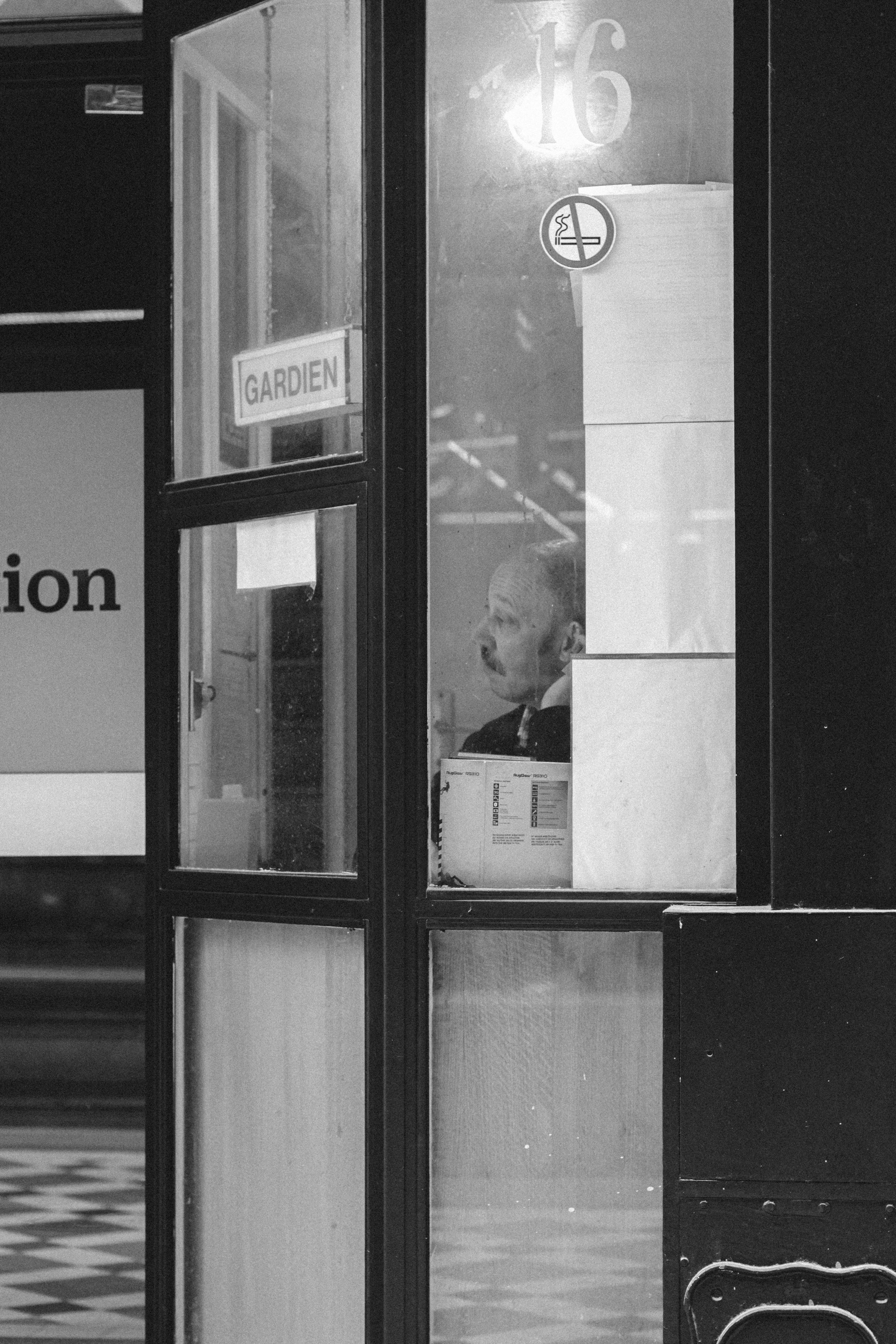good sex at every age.

Intimacy doesn’t stop after your body changes.
It’s a myth that your sex life stops after you reach a certain age. Sure, your libido might slow after a while, and some positions might not be quite as accessible as they once were, but intimacy, in your 50s and beyond, is just as important to a relationship as it is earlier in life.
A recent study published in the Journal of Sex Research revealed that it’s not how old we are that stops us from having good sex later in life, but how old we feels. Researchers surveyed more than 1,000 adults, aged between their mid-40s and mid-70s, about their attitudes towards sex. The verdict? The closer they felt to their actual age, the less they enjoyed sexual activity. And those who had negative opinions about age in general also reported less satisfying sex lives.
In another survey conducted by Sonoma State University in California and published by Psychology Today in early April, over 9,000 participants (all over the age of 50) reported on the habits of their sex lives, and as a result how satisfied they felt with them. More men than women reported a low-low result (low activity and satisfaction), while more women responded with a high-high experience.
These findings aren’t too surprising when you consider the different pressures and physical changes that men and women experience later in life. For women, sex drive increases as they get older—one study showed this change from ages 27 to 45, in particular. And the sex gets better, too—with less concern for societal pressures to look a certain way, act a certain way, and perform in bed a certain way, women in their mid-30s onwards learn how to actually vocalize their desires, even if they might not have earlier in life. Of course, menopause can temporarily cause some issues (lowering libido and causing a number of physical side effects that might take sex off the table for the moment), but there are plenty of ways to combat the pains of The Change.
But for men, mid-life changes can bring on a different slew of challenges, both when it comes to performance and psychology. Erectile dysfunction—which admittedly doesn’t affect all men, but becomes more common with age—can lead to feelings of shame and embarrassment, which only lead to more problems in the bedroom. After all, E.D. can be caused by stress and anxiety, too. And while treatments Viagra are extremely accessible, they’re not necessarily without stigma, either (reaching for the pill bottle isn’t exactly seen as a sexy move, even under a Meyers-like gaze).
But here’s the thing: Sexual activity doesn’t necessarily have to include intercourse, and for those over 50, this is especially true. As the Sonoma State University study points out “loveplay”—aka, foreplay for the sake of foreplay with no sex afterwards—lead to higher sexual satisfaction and frequency amongst men and women, and additional research has shown that kissing and touching becomes particularly important to women in mid-life, relative to just intercourse. For men, too, intimacy that’s less focused on sex itself can lead to supportive relationships, while cutting out the stress that can come along with physical challenges to intercourse that arise later in life.
Reinventing your approach to intimacy in middle age may feel formidable, but it’s this step that can keep your relationship healthy and happy. If any given Nancy Meyers protagonist and any prestige TV drama anti-hero can go through a whole character arc after 50, your sex life can, too.




